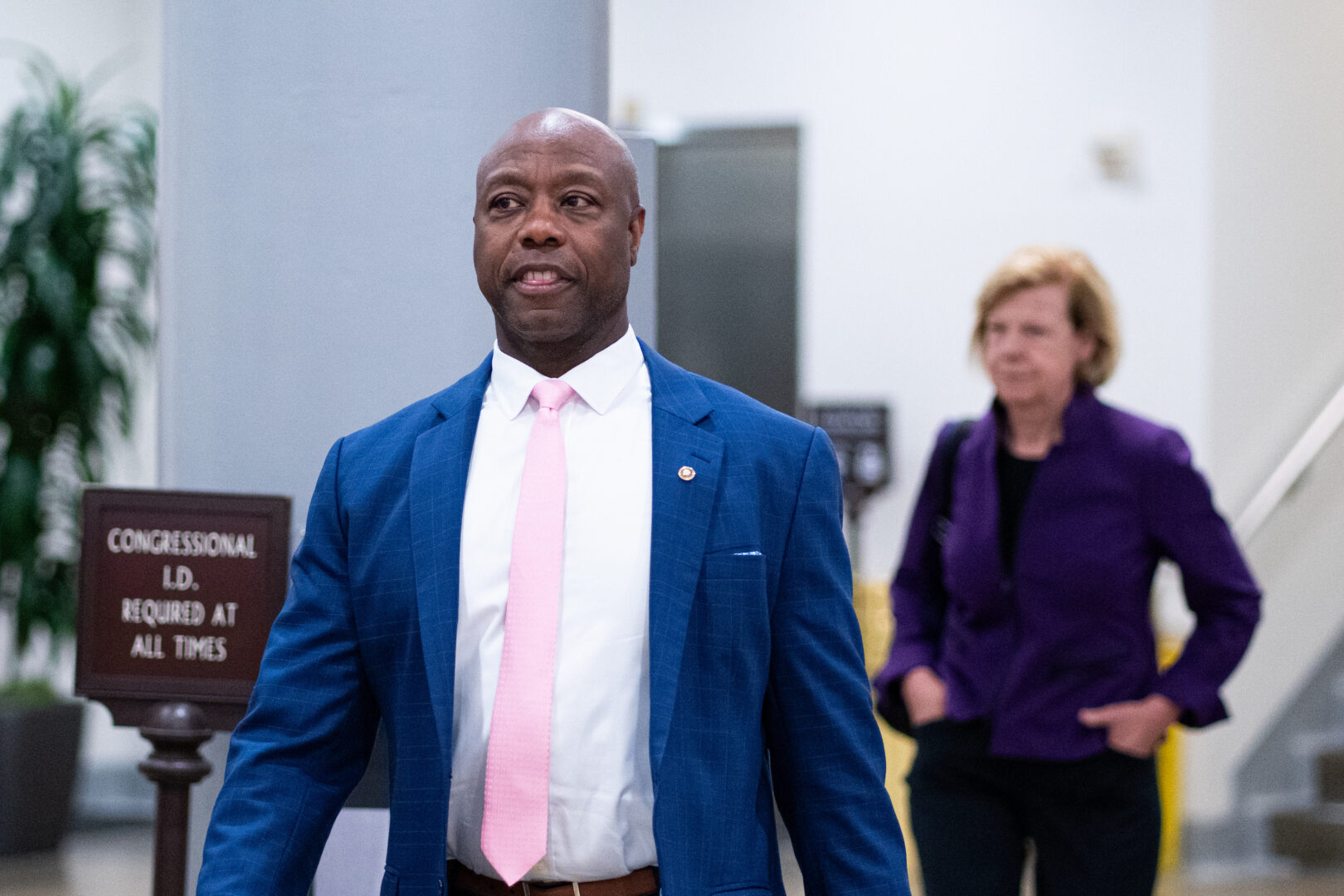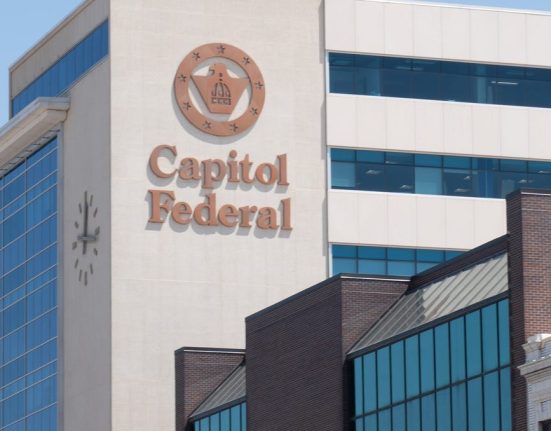The Senate Banking Committee would shut off the Consumer Financial Protection Bureau’s funding stream from the Federal Reserve to provide the vast majority of deficit reduction in reconciliation provisions released Friday.
The panel posted an eight-page text that would restrict the CFPB from requesting a transfer from the Fed, according to a section-by-section explanation of the legislation.
The CFPB currently can ask for up to 12 percent of the Fed’s operating expenses in 2009. The reconciliation measure would reduce that cap to zero.
“This does not affect the Bureau’s existing ability to request funds from Congress and saves $6.36 billion,” the section overview says.
The provision could, however, violate Senate rules for reconciliation bills. Some Republican members of the committee said Thursday that they doubted zeroing out CFPB funding would receive approval from the parliamentarian. The so-called Byrd rule limits reconciliation legislation only to budgetary matters and excludes policy changes.
Other reconciliation provisions would pare spending at the Fed, the Treasury Department, the Department of Housing and Urban Development, the Securities and Exchange Commission and other regulators for total deficit reduction of $8.4 billion over 10 years, according to a summary.
The panel must contribute at least $1 billion in budget savings over 10 years under the budget resolution. Senate Republicans are constructing an amendment or series of amendments to the House reconciliation bill, which they hope to bring to the floor before the July 4 recess.
The House bill would cap the CFPB draw from the Fed at 5 percent.
When the CFPB was established by a financial regulatory law in 2010 following the financial crisis, Congress funded it through the Fed so that it could sidestep the appropriations process. The change sought by the Senate Banking reconciliation provision would upend that structure.
Senate Banking ranking member Elizabeth Warren, D-Mass., said Thursday she would fight the CFPB provision, including by calling a point of order on the Senate floor. The Senate parliamentarian rules on violations of the Byrd rule.
Republicans have consistently targeted the CFPB, accusing it of overstepping its authority and establishing costly rules that hurt financial institutions and customers. Democrats have vigorously defended the CFPB, praising it for returning about $21 billion to harmed consumers since its inception.
The agency has been throttled by Office of Management and Budget Director Russ Vought since he took over in early February as acting director.
In addition to the CFPB funding cut, the committee’s reconciliation provisions would do the following:
- Move non-monetary policy Fed employees to a new pay scale for savings of $1.4 billion.
- Transfer the function and duties of the Public Company Accounting Oversight Board to the Securities and Exchange Commission for $771 million.
- Sweep the unused portion of the SEC’s Technology Fund back into Treasury and prevent the fund from being used in the future for $448 million. The committee appears to see the Technology Fund as synonymous with the agency’s Reserve Fund, used for technology upgrades.
- Eliminate the Office of Financial Research at the Treasury Department for $300 million.
- Rescind unobligated funding for the Green and Resilient Retrofit Program at the Department of Housing and Urban Development for $138 million.
- Delay implementation until 2034 of a provision of the 2010 financial regulatory law on small-business-loan reporting for $14 million.
The provisions also would provide $1 billion in funding for the Defense Production Act.
Chairman Tim Scott, R-S.C., said he and his colleagues scrutinized spending within the panel’s jurisdiction to find efficiencies and savings.
“Congress has a mandate to deliver President Trump’s agenda for the American people – and that means streamlining the federal bureaucracy, cutting red tape, and saving taxpayer dollars,” Scott said in a statement. “This legislation takes important steps to reduce waste and duplication in financial regulation while bolstering our national security, and I look forward to advancing these provisions as part of the One Big Beautiful Bill.”
The House bill includes reconciliation provisions similar to Senate Banking’s proposal, for savings of more than $5 billion.
The House also folded the PCAOB into the SEC, rescinded the HUD green programs and cut the financial research agency.
It didn’t include provisions on Fed pay, lending reports or the SEC Technology Fund.







